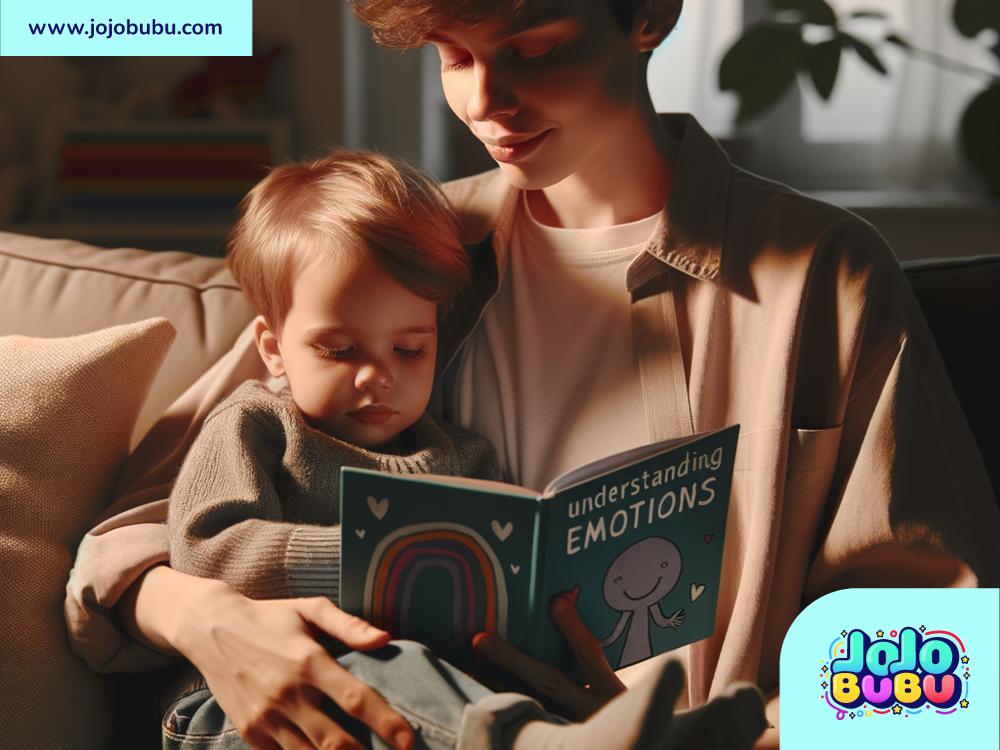Supporting Children Through Grief: A Guide for Parents and Caregivers
Grief is a natural response to loss, but it can feel overwhelming, especially for children. Whether they're mourning the death of a loved one, experiencing a family separation, or losing a beloved pet, children need support to understand and process their feelings. As parents, caregivers, or supportive adults, you play a crucial role in helping children navigate grief. In this blog, we will explore simple ways to support children during tough times.
What is Grief?
Grief is how we react to loss. It can look different for everyone – sadness, anger, confusion, or even numbness. Adults often look for ways to cope, but children may not know what grief is or how to express their emotions. Some children cry and ask questions, while others might stay silent or act out. Understanding that there’s no “right way” to grieve is important when helping them through this difficult time.
How Grief Affects Children
Children experience grief in their own way. Their understanding of loss often depends on their age, personality, and life experiences. Here’s how grief might look in different age groups:
- Toddlers (0-3 years): Young children may sense a loss or change in routine but might not fully understand what’s happening. They may become clingy, cry more, or regress in behavior (e.g., returning to bedwetting).
- Preschoolers (4-5 years): Preschool-age children might view death as temporary and struggle to grasp its finality. They may ask repetitive questions like, “When is grandpa coming back?”
- School-age children (6-12 years): These kids start understanding that death is permanent. They may feel sad, scared, or even guilty, thinking they did something to cause the loss.
- Teenagers (13+ years): Teens have a deeper understanding of grief. They may feel anger, confusion, or intense sadness while trying to make sense of their emotions. Some might want more independence during this time, while others might need extra support.
No matter the child’s age, grief can show itself in physical ways, such as stomachaches, trouble sleeping, or lack of focus. Keep these signs in mind as you offer comfort.
Ways to Support Children Through Grief
Supporting children during grief doesn’t require a perfect plan. What children need most is love, patience, and reassurance. Here’s how you can help:
1. Be Honest
When explaining loss, start with the truth in simple words they can understand. Avoid using vague terms like “They went to sleep” or “They’re in a better place,” as this can cause confusion. For example, you might say, “Grandma died, and that means her body stopped working. We won’t see her anymore, but we can remember her in our hearts.”
Be ready to answer their questions patiently. It’s okay to admit when you don’t have all the answers. What matters most is being present with them.
2. Let Them Feel Their Emotions
Children need to know it’s okay to feel sad, angry, or scared. Tell them, “It’s normal to have big feelings when something hard happens. I’m here to help you through them.” Sometimes children try to hide their emotions, thinking they need to be “strong.” Remind them that crying and talking about feelings are helpful and brave.
3. Keep Listening
Children don’t always express their emotions in words. Sometimes, their grief shows up in behaviors – being extra clingy, withdrawing, or acting out. Instead of scolding them, listen patiently and ask open-ended questions. For example, “I noticed you haven’t been talking much lately. Do you feel sad?”
Creating a safe space for children helps them feel comfortable sharing what’s on their mind.
4. Stick to Routines
Grief can make children feel like their world has turned upside down. One way to comfort them is to keep their day-to-day routine as stable as possible. Predictable activities (like mealtime, school, or bedtime) help children feel safe during uncertain times.
At the same time, you might incorporate new rituals to honor the memory of the person or pet they’ve lost. This could include lighting candles, drawing pictures, or telling stories about happier times.
5. Encourage Questions and Creativity
If children want to talk or ask questions about death, answer them honestly while keeping explanations age-appropriate. For young children, it’s okay to repeat answers as they work to understand the concept of loss.
Encourage creative ways for children to express their feelings. They might draw pictures, make crafts, plant flowers, or write poems. Creativity can be a powerful tool for healing.
6. Get Extra Support if Needed
Sometimes, grief can feel too big to handle alone. If a child’s reactions continue for weeks or interfere with daily life, consider seeking the help of a counselor, therapist, or school support staff. Professionals have tools to guide children through tough emotions, and seeking help is a sign of strength—not weakness.
Take Care of Yourself Too
When helping children grieve, it’s easy to forget about your own emotions. But grieving adults are also role models for children. Show them that it’s okay to feel sad and to find healthy ways to cope. You can share things like, “I miss Grandma too, but looking at her pictures helps me feel closer to her.”
Taking care of yourself helps you be present for the child in your care.
Final Thoughts
Supporting children through grief is never easy, but your love, patience, and care make a big difference. Every child grieves differently, so focus on what helps them feel safe, understood, and loved. Be honest, keep listening, and let them know that it’s okay to feel whatever they’re feeling. Together, you can move through this difficult time—and even find moments of joy in remembering the love and connections that remain.
Children don’t forget the adults who help them through hard times. Your support today will give them the tools to face challenges tomorrow.

